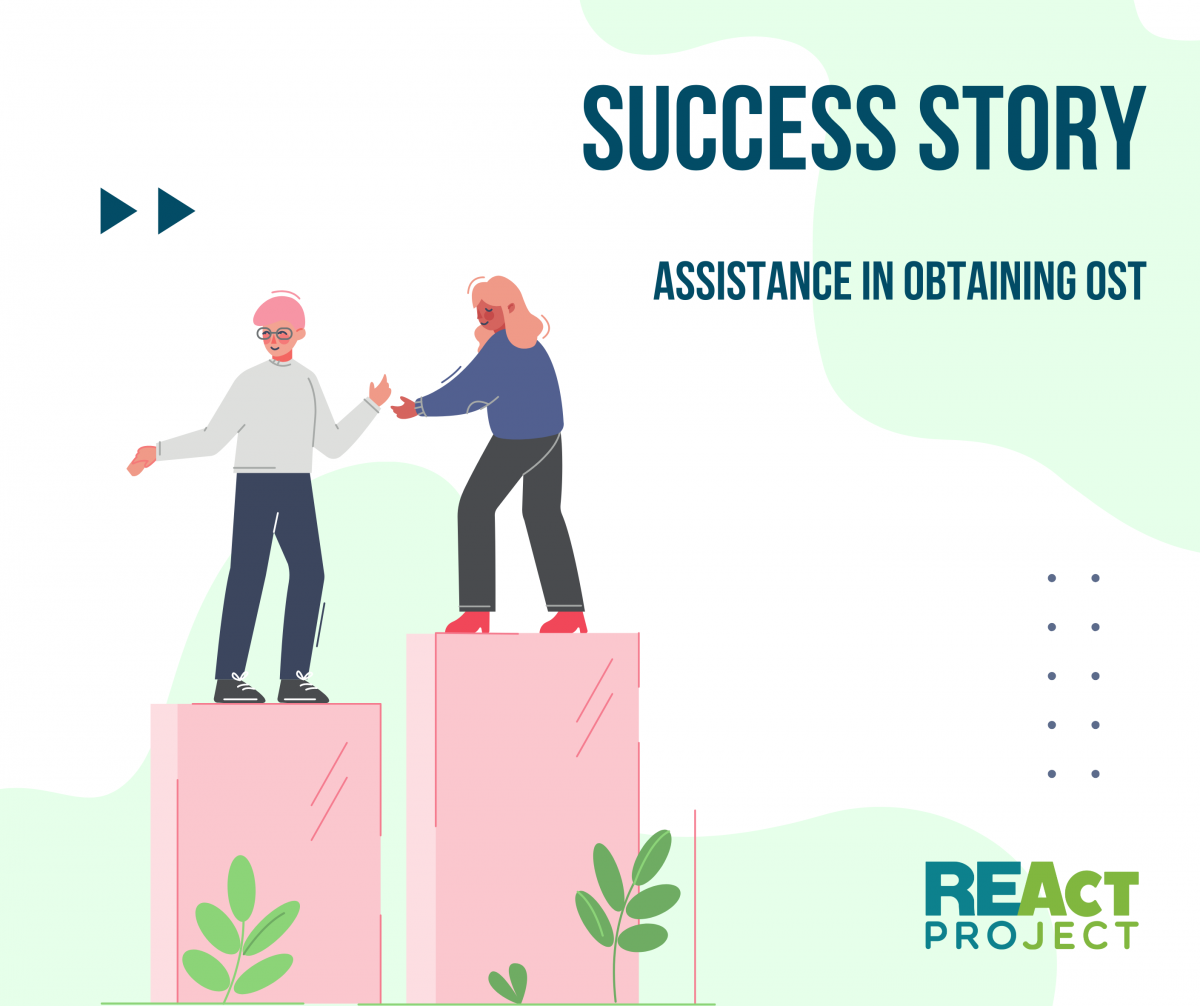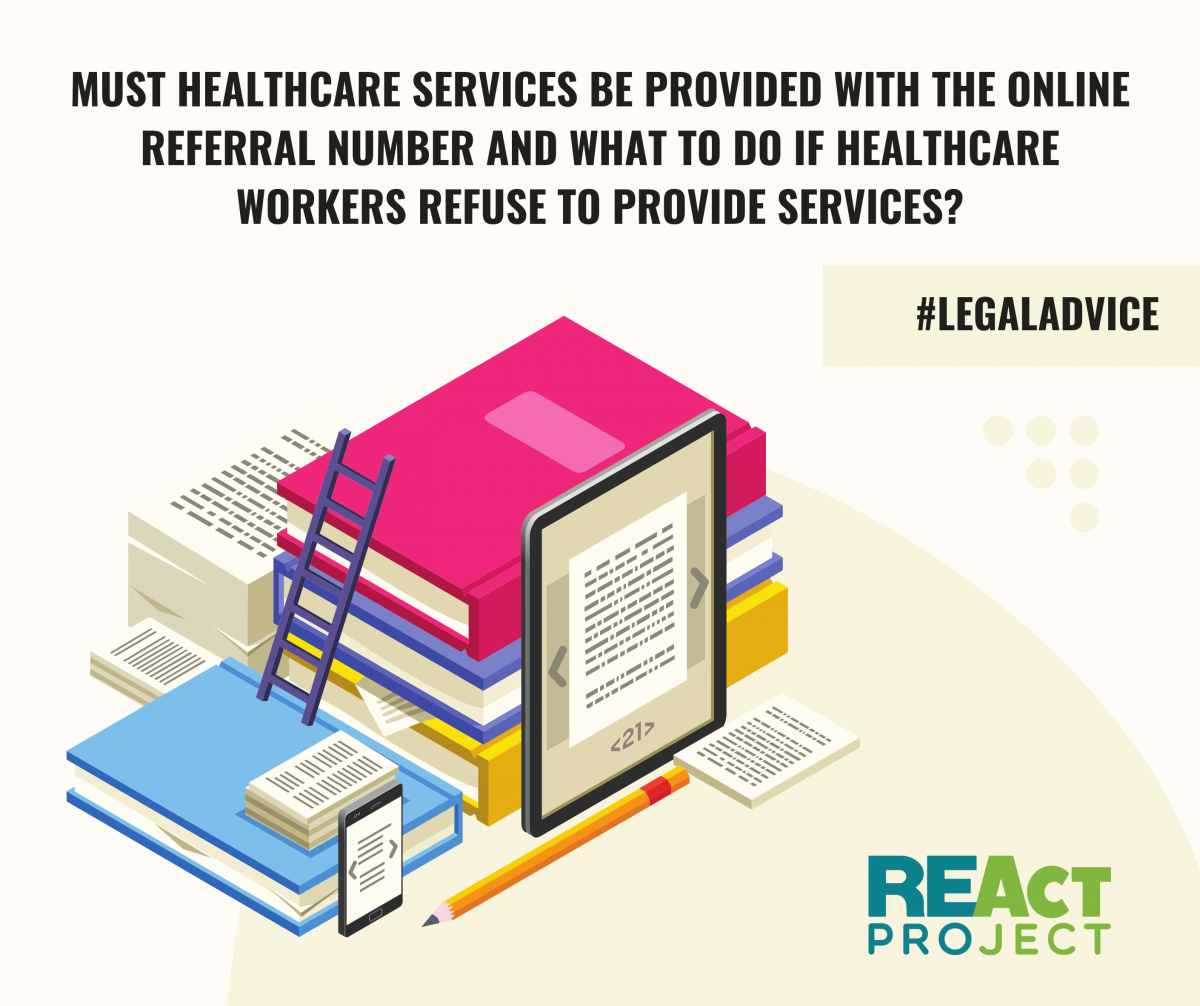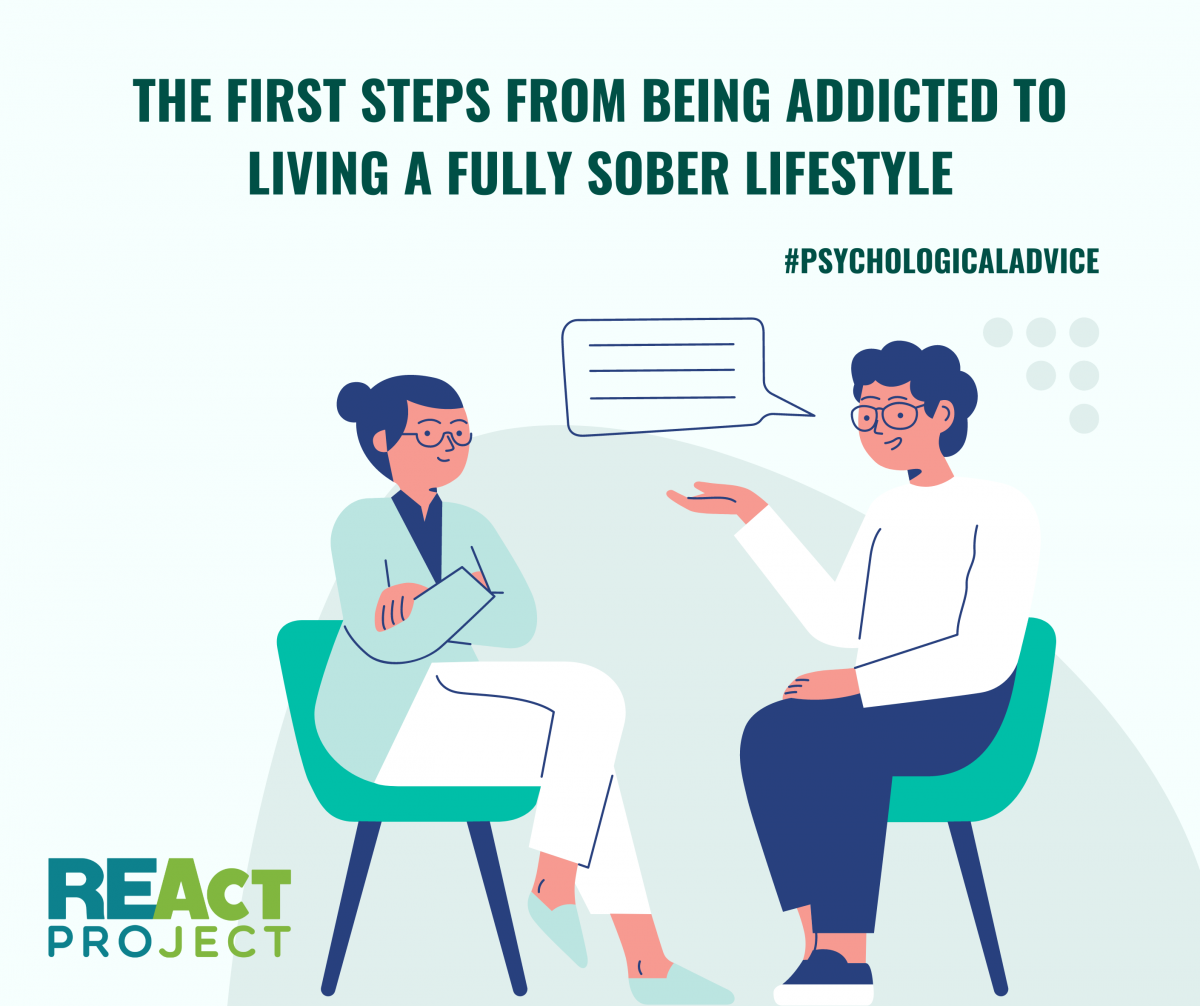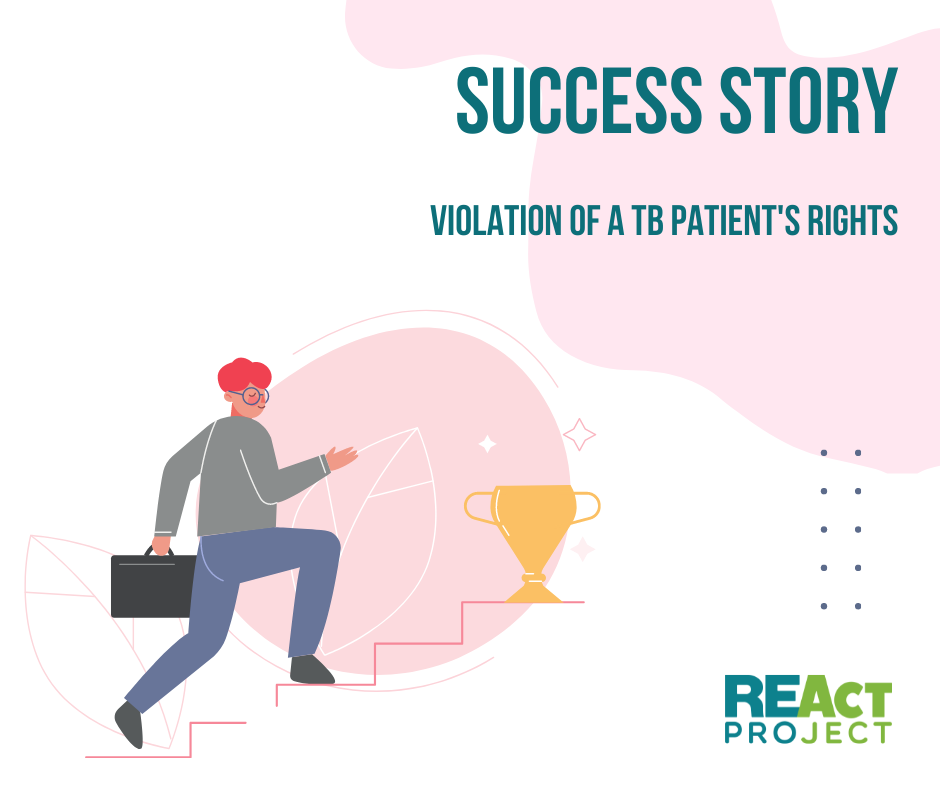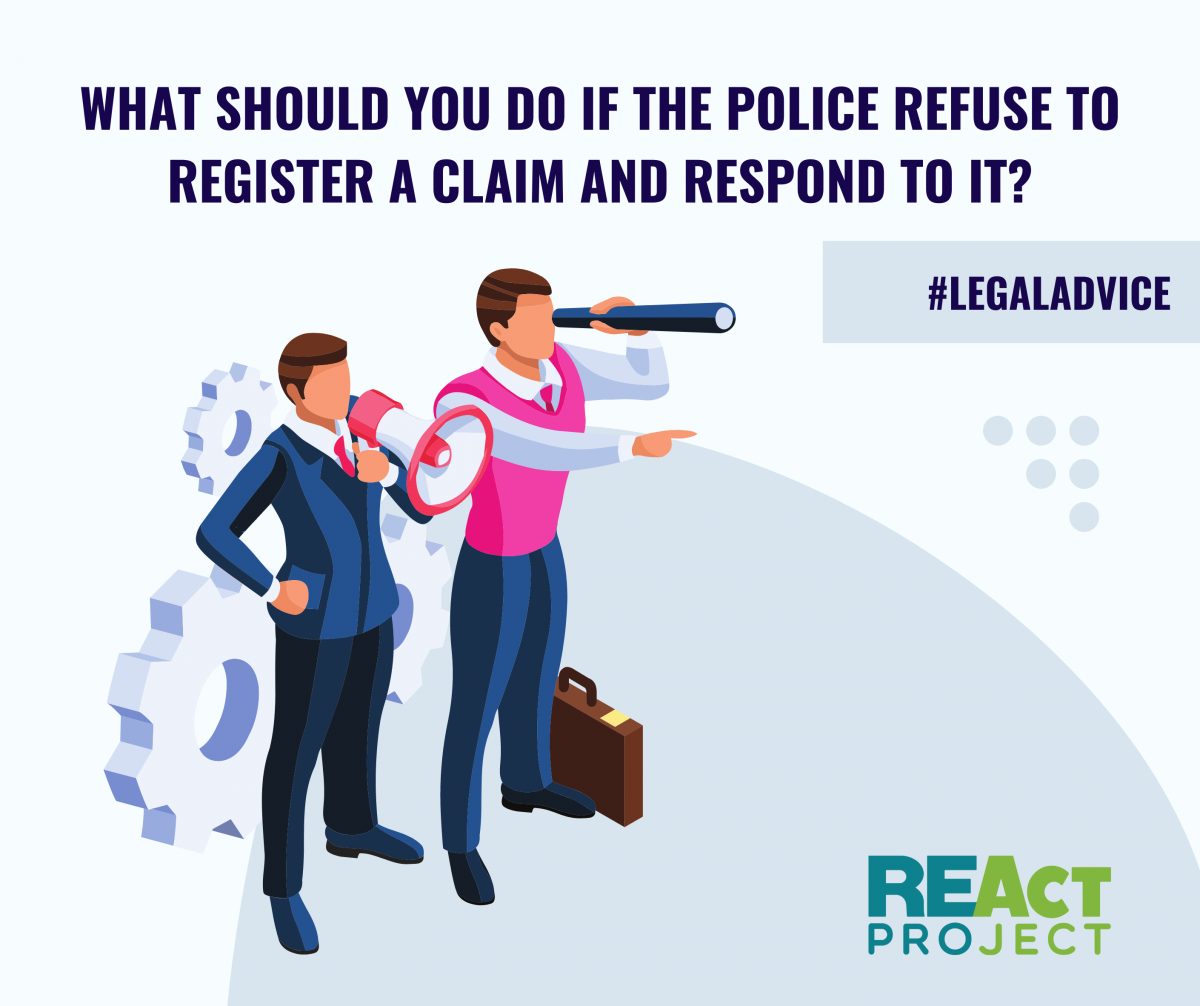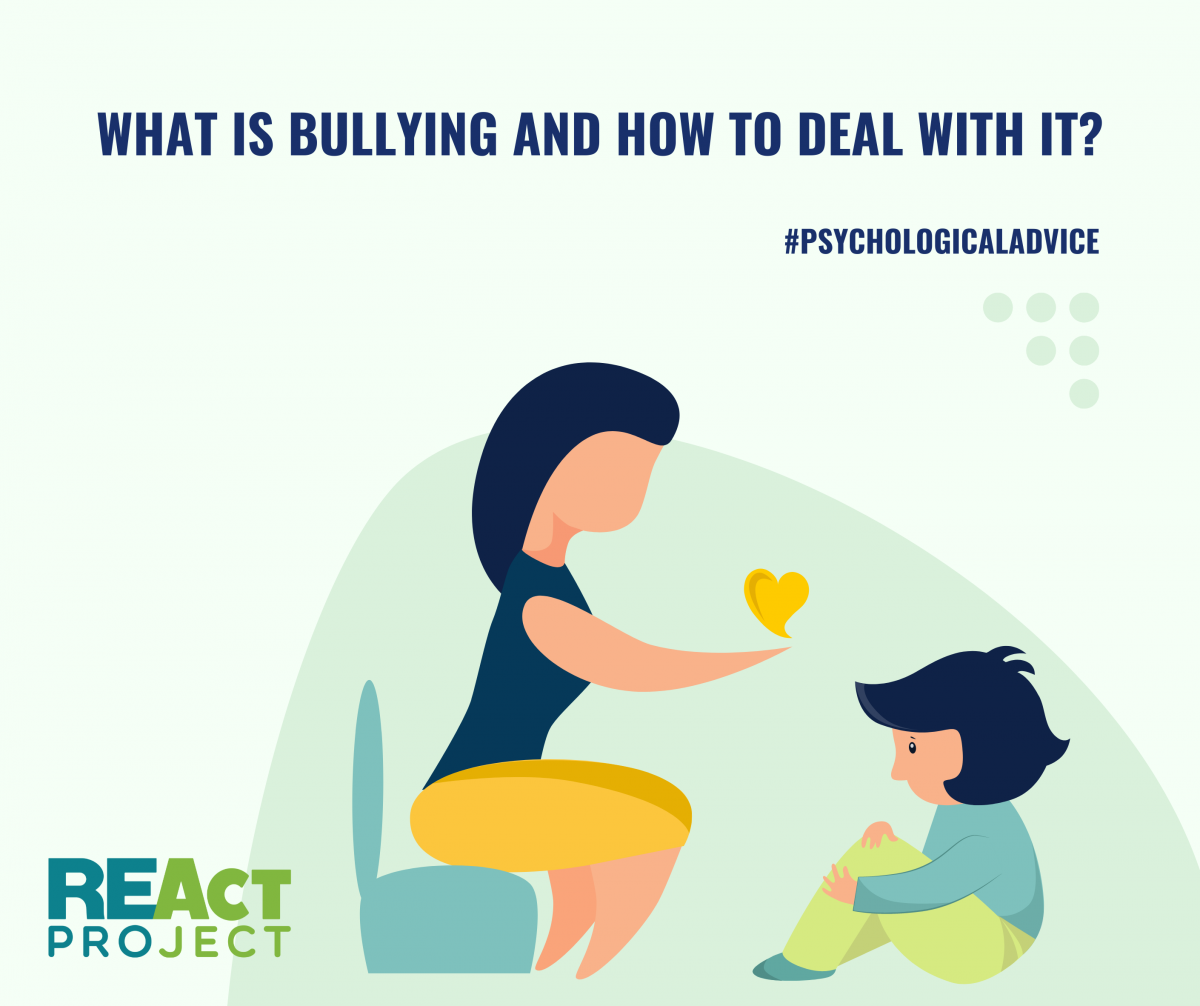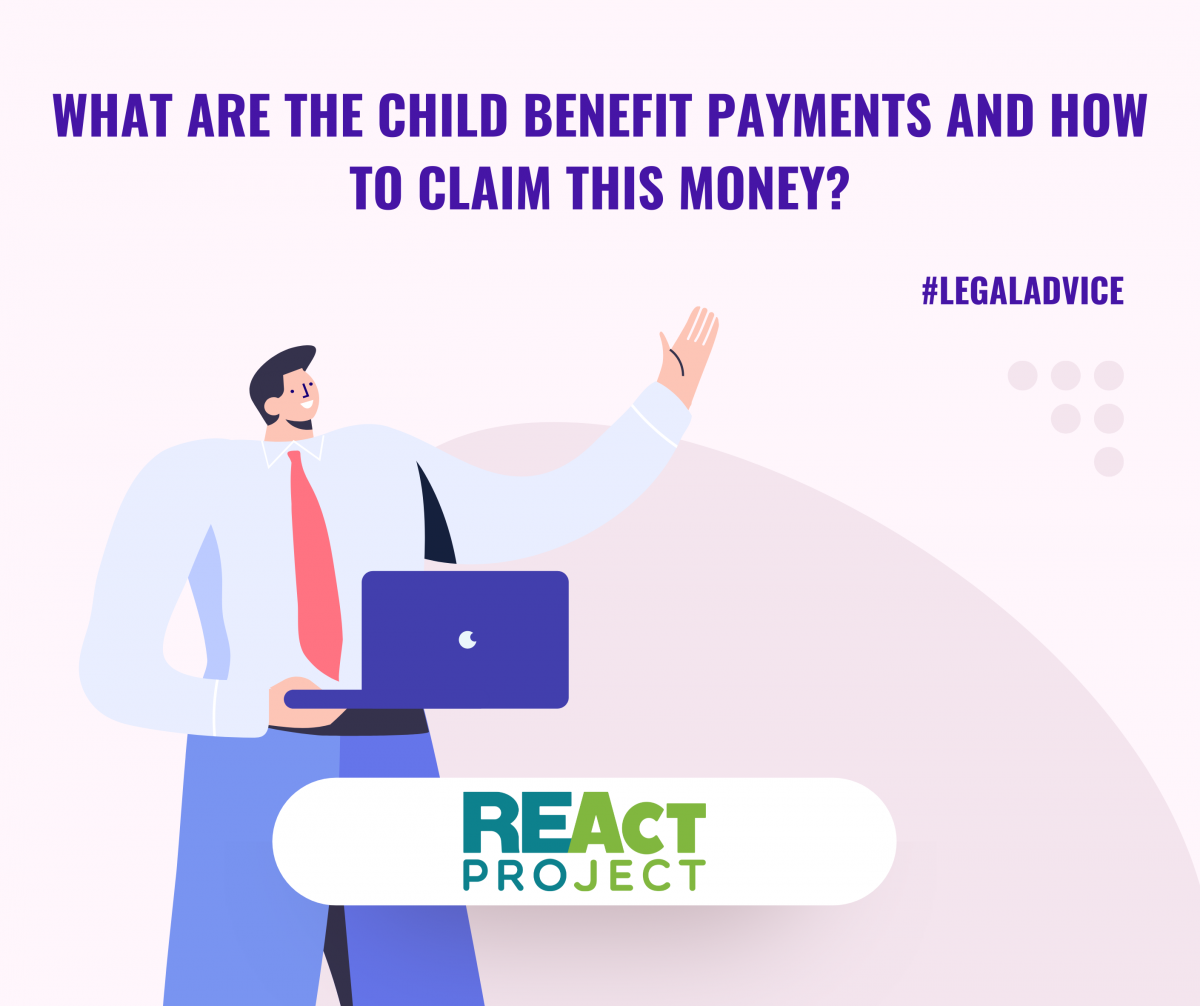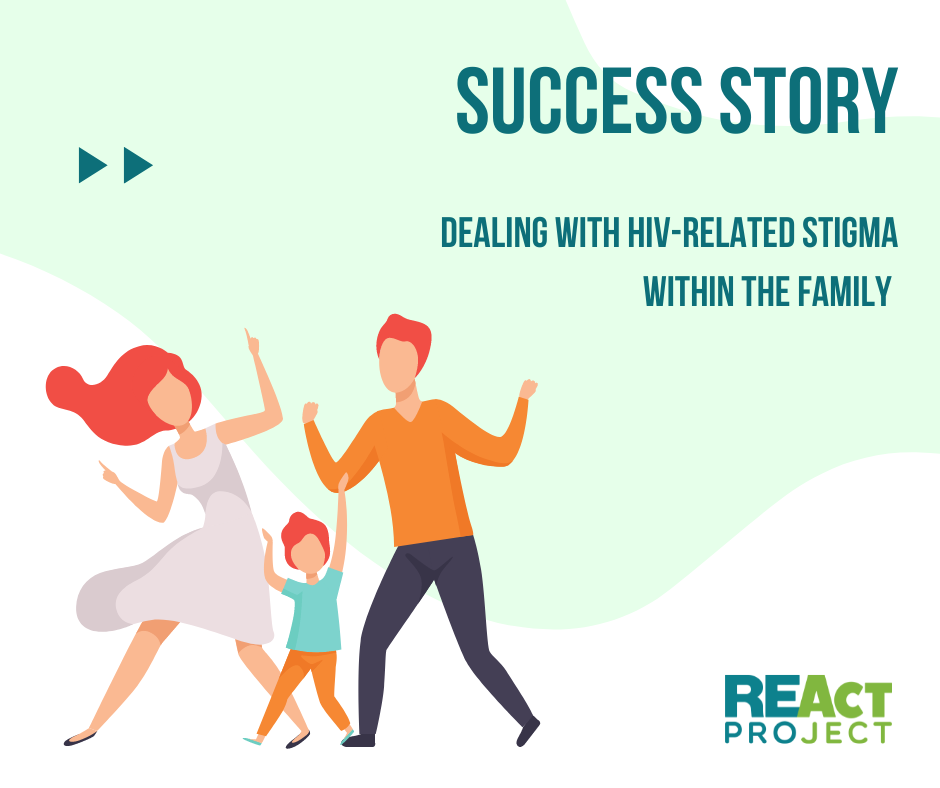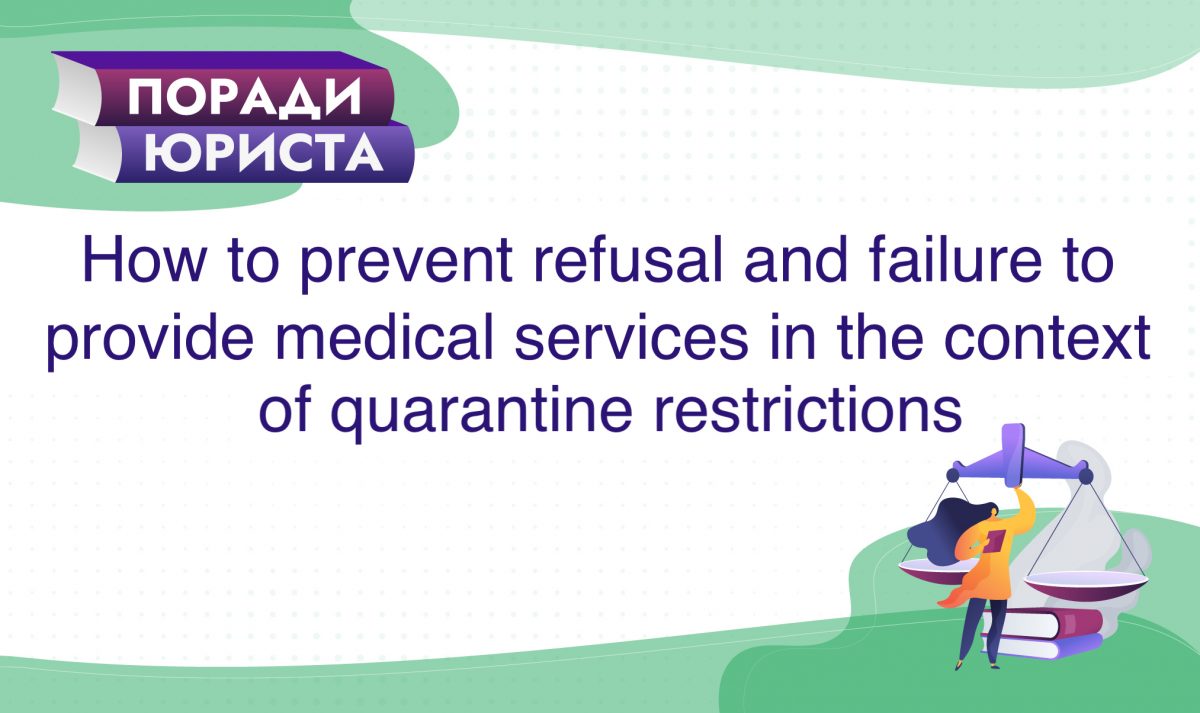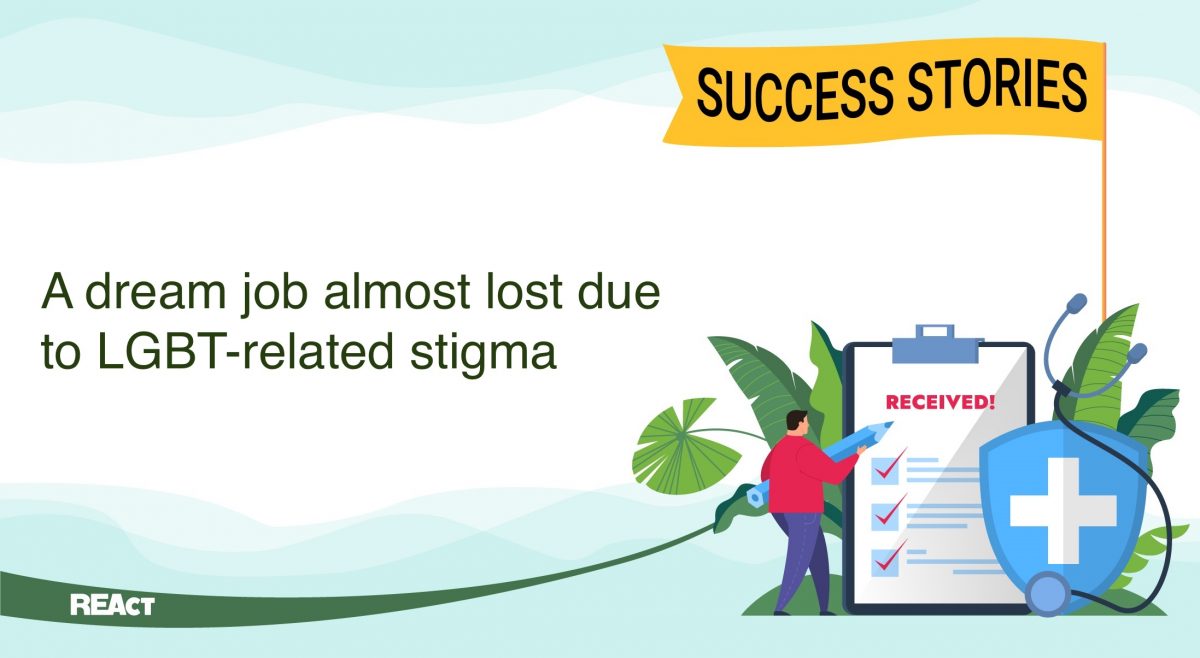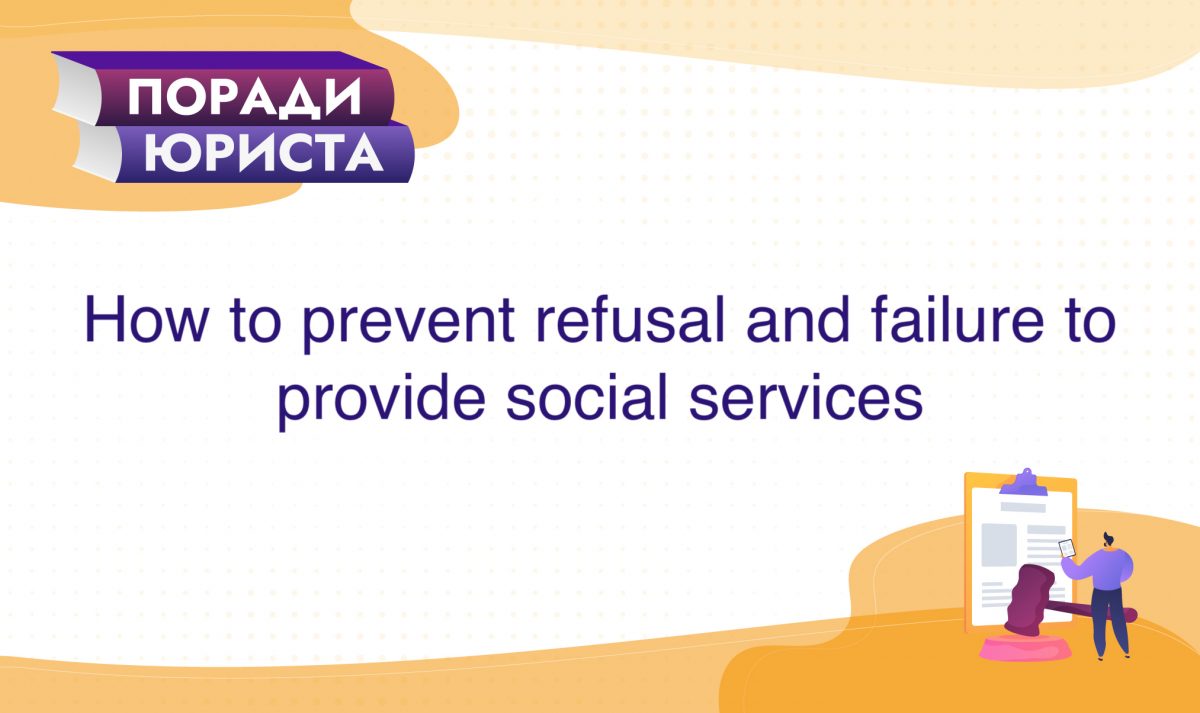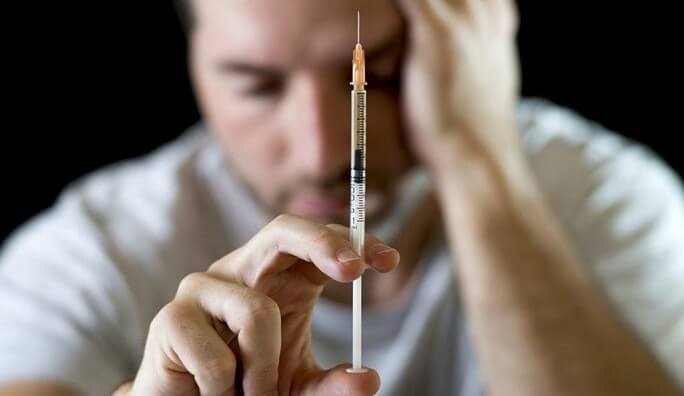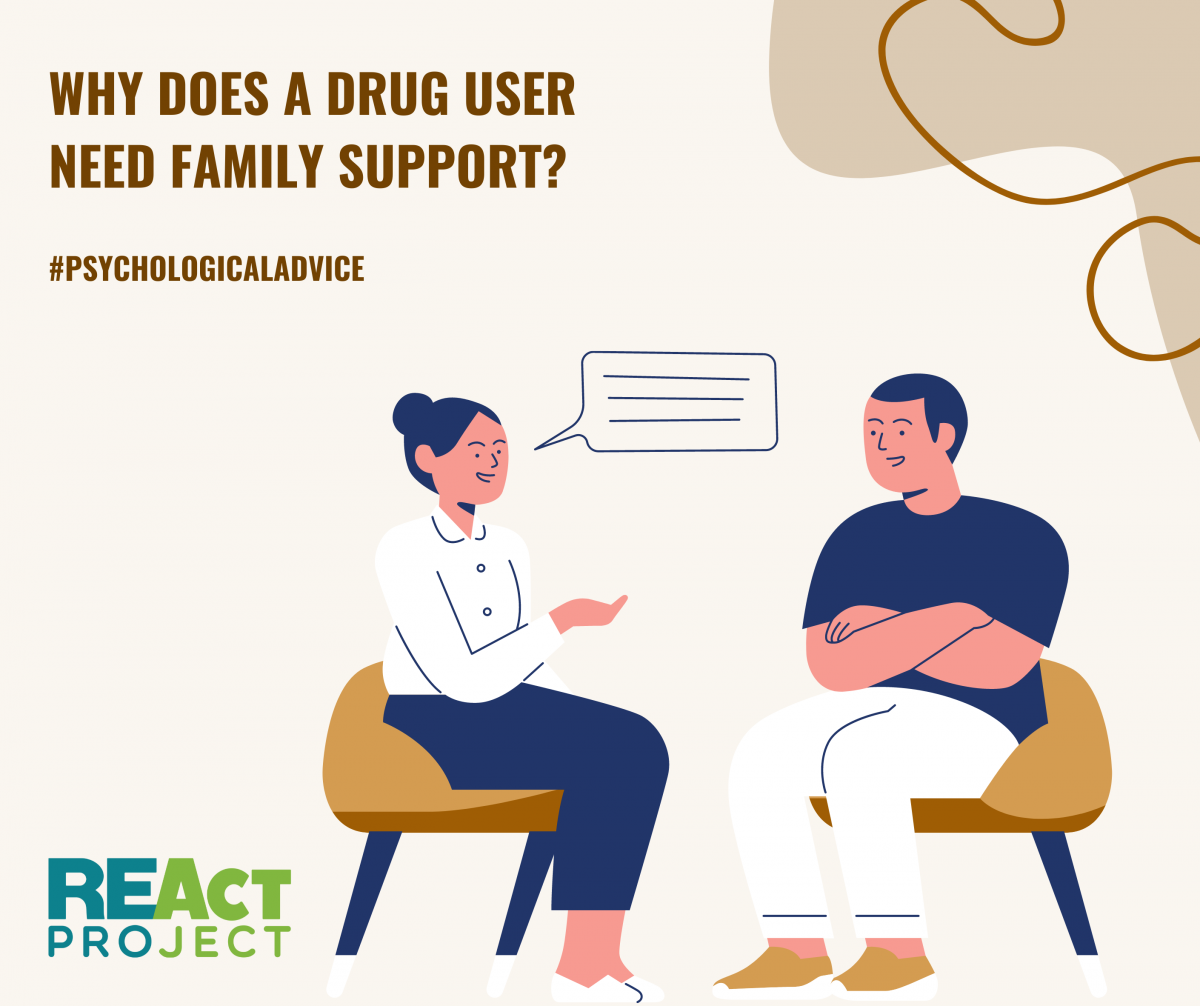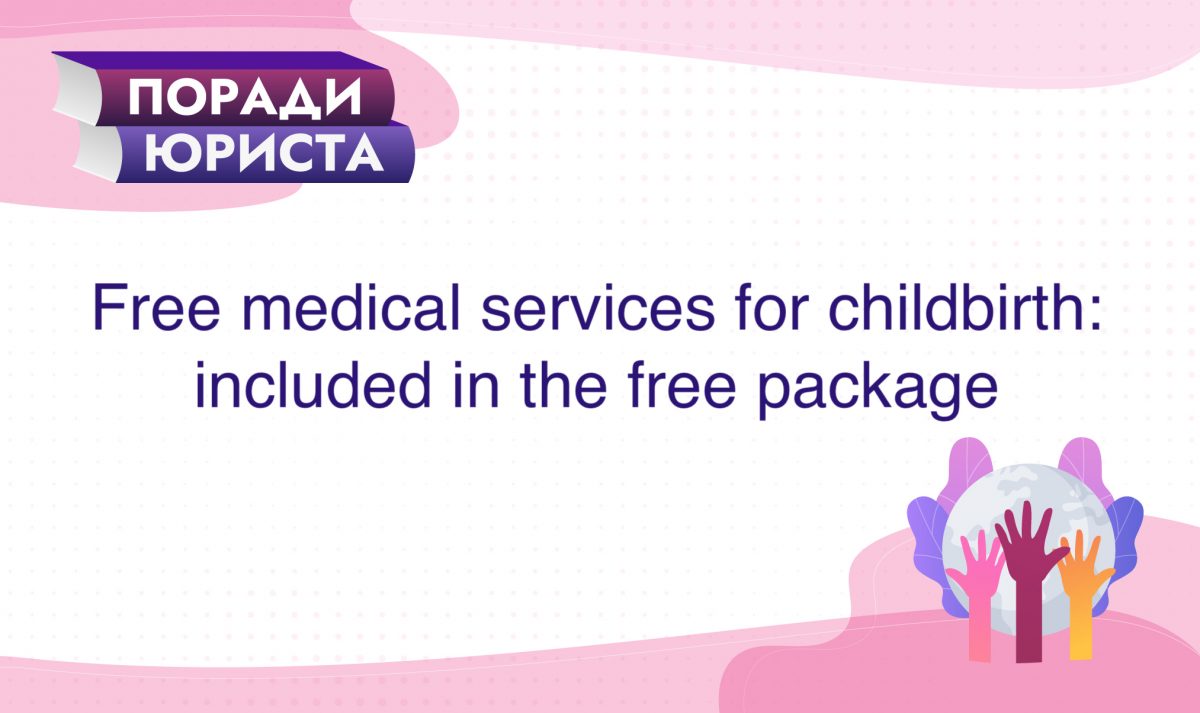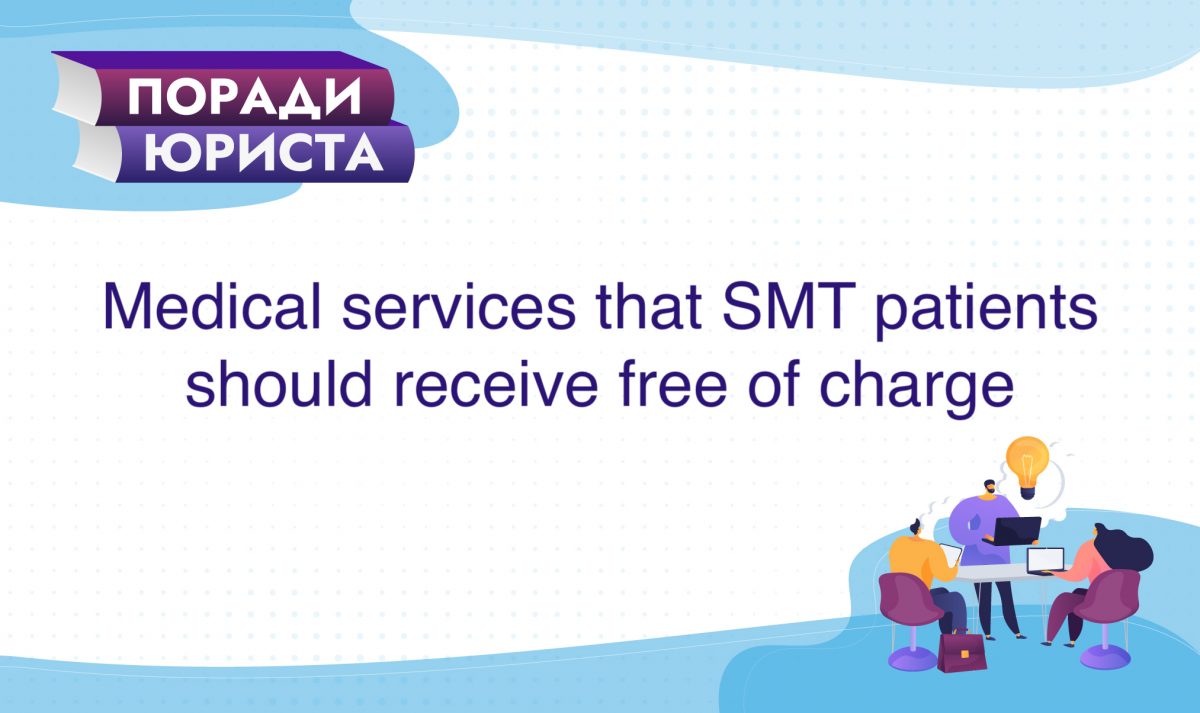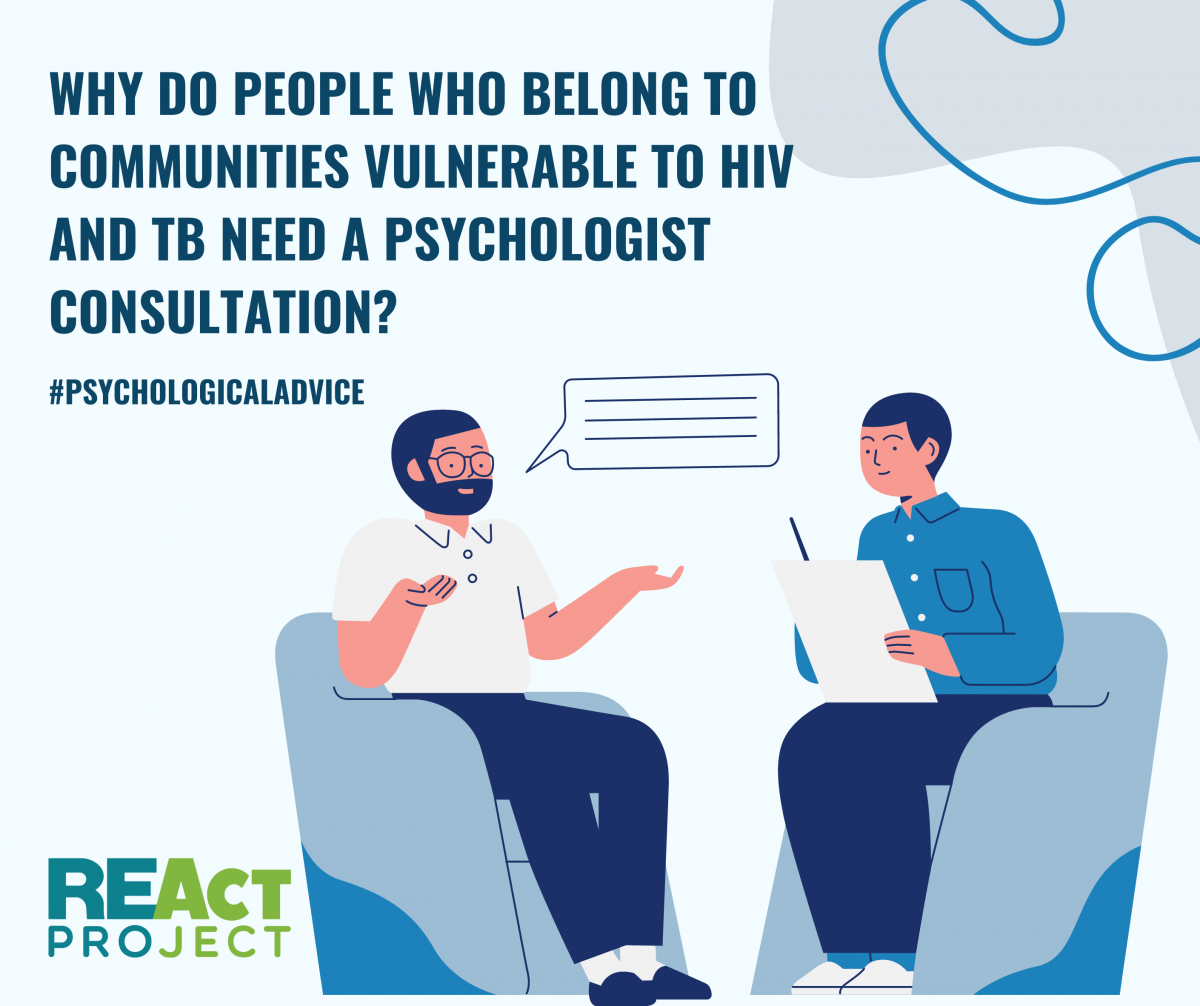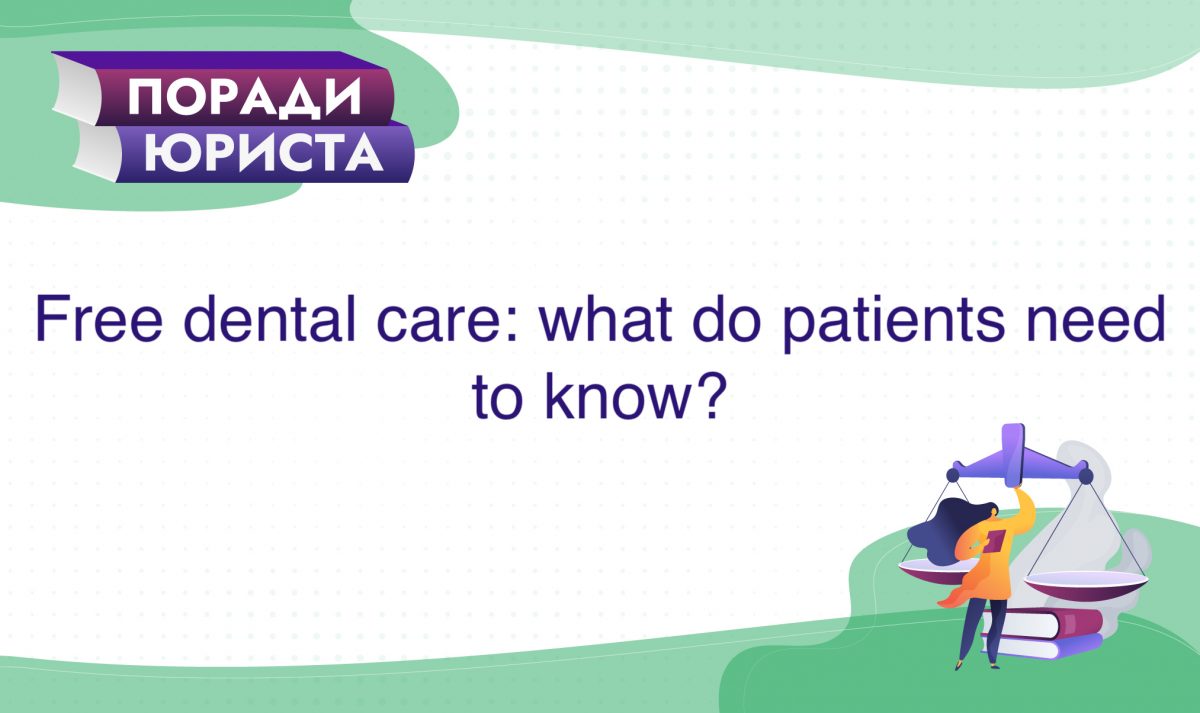Bullying at school is a complex and difficult issue to deal with. In modern-day schools, more than 10 percent of students suffer from bullying on a daily basis. So let’s explore what this phenomenon is all about and how to deal with it.
Bullying is an act of psychological, physical, economic, or sexual violence in an educational institution setting, potentially including the use of electronic means of communication, directed against minors under or over 14 years of age or committed by them against other students, which might result in having the effect of harming the victim’s mental or physical health.
Bullying can manifest itself as psychological pressure (insults, humiliation, threats, ignoring, etc.) and physical abuse (hitting, pushing, degrading physical contact, beatings, etc.). Often, physical and psychological pressures are combined.
Both aggressors and victims suffer fallout from bullying. All of them are experiencing emotional problems, not knowing how to build relationships with people, having psycho-emotional development issues, and will need adult support and help to develop healthy relationships with people not only at school but throughout their lives.
How to understand if a child is a victim of bullying
- Children who suffer from bullying may not want to go to school, they may cry, or fake being sick on school days;
- They avoid participating in joint class activities, social activities;
- Often, the child’s behavior changes: they tend to avoid other people and show unusual behaviors;
- The child starts “losing” money, torn / ripped clothing or broken things when they come back home may be another sign your child may be experiencing bullying. When you ask them what happened, the child might altogether avoid explaining or engaging with you;
- They can start talking about dropping out of school, skipping activities that involve other students;
- Lack of contact with peers: no friends, no exchanges on social networks, no one to check in with about a homework assignment, etc.;
- Psychosomatic symptoms: frequent illnesses, such as body aches, abdominal pain, viral infections;
- Doodles or things scribbled / drawn all over the hands or a certain kind of drawings in the margins of the notebook;
- The desire to make a different route choice when walking to school to avoid all other children.
Types of bullying
The term “bullying” is usually used to describe victimizing among students, but there are cases involving bullying of students by teachers, bullying of teachers by students, or even bullying of teachers by teaching staff (mobbing).
How many children suffer from bullying
According to UNICEF’s research, in this case 40 percent of children do not share their problems with anyone, including their parents. Shy and quiet children are twice as likely to be bullied as their outgoing peers. Most children are taunted for the way they dress, speak, or behave if it differs from that of the core group.
44 percent of children who witness bullying simply remain bystanders to bullying because they are afraid for themselves.
Who falls victim to bullying
Psychologists identify several key aspects that are common to victims of bullying:
- Low self-esteem. Even if it shows in the child’s behavior through narcissism, excessive openness, or arrogance.
- The atmosphere at home. Very often, victims of bullying are children who are humiliated, degraded, or insulted at home. Or there are families that look at the child from a place of pity all the time. In this case, if the child is accustomed to being a focus of attention or parental indulgence, they will tend to create around themselves a similar atmosphere at school.
- Classroom atmosphere. Some groups including a child aggressor emerge spontaneously or are created by the teacher. They deliberately look for the weaker prey, using it as a punching bag, for better dealing with their own psychological issues.
What to do if you’re bullied
- Ignore the offender. If possible, try to avoid getting into arguments, act as if you don’t care and walk away. This kind of behavior is not a sign of cowardice, because, on the contrary, sometimes it is much harder to do so than to give free rein to your emotions.
- If the situation does not allow you to leave, while maintaining your self-control, use your sense of humor. In this way you can confuse the offender / offenders and distract them from the intention to annoy you.
- Restrain your anger and rage. After all, this is exactly what the offender wants. Speak calmly and confidently.
- Do not get into a fight. The offender is just waiting for an excuse to use force. The more aggressively you react, the more you are likely to find yourself in a situation that threatens your health and safety.
- Don’t be ashamed and feel free to discuss such threatening situations with people you trust. This will help you work out the right course of action and stop the violence.
What parents should do if their child is a victim of bullying
First of all, calm down before you start this conversation with your child.
- Make it felt and understood that you are there, ready to support and help out, listen and protect.
- Reassure your child that you are not blaming them for what is happening and that they can speak out openly.
- Remember that the child may be uncomfortable talking about this topic as they are vulnerable at this point. Be patient and gentle.
- Try to find out what you can, but do not ask prying questions and do not repeat the same questions over and over again.
- Invite them to think about what actions would help them feel safer right now (for example, to be closer to adults for a while, to not stay after school, etc.).
- Tell your child that there is nothing wrong with reporting aggressive behavior toward someone to a teacher or at least friends. Explain the difference between “gossiping” and “caring” in reference to your life or the life of a friend / classmate.
- Ask them how your help will be useful to the child, listen carefully. Perhaps you will suggest your own option. This will help hammer out a shared strategy for change.
- Remember that situations of physical violence require immediate parental intervention and a visit to the school.
- Work through it with your child to find new ways for responding to the bullying.
- Discuss who your child can turn to for help at school: the school psychologist, teachers, administrative staff, adult students, security guards, parents of other children.
- It is important to understand why your child is trapped in a bullying situation. We recommend that you consult a child psychologist.
- Support your child in developing friendly relationships with peers.
- Explain to your child that change will happen gradually, but they can count on your support all the time.
How to help a child aggressor
A child who bullies others needs just as much attention and help as a child who is bullied. If your child is an aggressor, we recommend you follow the steps below:
- Talk openly with your child about what is going on, find out how they feel about their actions, and how other children react. You may hear that “everyone does that,” or “he deserves it.”
- Listen carefully to your child and focus on finding the facts, not on your own assumptions.
- Don’t underestimate the seriousness of the situation using clichés such as “boys will always be boys” or “taunting, fighting, and other forms of aggressive behavior are just childish jokes and a completely natural part of childhood.”
- Carefully explain what actions are considered bullying. These include harassment, making up abusive nicknames, using threats of physical violence, intimidation, ridicule, sexual comments, boycotting another child or incitement to ignore them, gossip, public humiliation, pushing, spitting, damaging personal belongings, derogatory remarks or gestures, and more.
- Children who are bullying others remain in denial about this for as long as they can. Calmly explain to the child that their behavior can harm not only the victim, but all others as well. And the further it goes, the worse the bullying will affect all parties involved.
- Make it clear to your child that aggressive behavior is a very serious problem and that you will not tolerate it in the future. Clearly and persistently, but without anger, ask the child to stop acting aggressive and violent.
- Tell your child that they need help, and so you will temporarily keep in touch with the teachers to make sure your child is making an effort to change the situation.
- Threats and punishments will not work here. They may stop the bullying for a while, but in the long run it will only increase aggressive behavior and resentment.
- It is not worth focusing on the feelings of the child who is being bullied. The one who shows aggression normally separates their own feelings from the feelings of another person.
- Aggressive behaviors and acts of violence may indicate your child has emotional problems or behavioral disorders. Consult a school or child psychologist.
Why is it important to react in good time?
Bullying affects everyone involved in or witnessing it as bystanders, and has destructive consequences in the future.
Yes, those who are bullied:
- Lose a sense of their emotional and physical safety, and their trust for the place where they should stay on a daily basis;
- Feel helpless and live under constant fear and threat. Bullying provokes anxiety and depressive disorders, suppresses the immune system, thus increasing vulnerability to a host of diseases;
- Lose self-esteem. Fears and insecurities destroy the ability to develop and maintain relationships with peers, which leads to feelings of loneliness;
- Lose interest in various forms of activity and cannot study properly. In some cases, there is a link between bullying and eating disorders (anorexia and bulimia), emotional disorders (depression and suicidal behavior).
Those who bully others:
- Are more likely than others to find themselves involved in situations of violence or breaking the law;
- Are more often involved in fist fights and vandalism, or engage in early sexual intercourse, and have experience with alcohol and drugs.
Those who witness bullying:
- Often suffer from feelings of helplessness, ethical conflict: debating whether they should intervene in a situation of bullying or stay away;
- Suffer from depression or overagitation, tend to attend school less.
Even a single case of bullying leaves a deep emotional mark, thus making the problem the most common reason for child psychologist referrals.
Responsibility for bullying
On December 18, 2018, the Verkhovna Rada of Ukraine passed the Law On Amendments to Certain Legislative Acts of Ukraine on Combating Bullying (Harassment). The law came into effect on January 19, 2019.
The law shall impose such penalties as fines for bullying, i.e., to the tune of 50 to 100 non-taxable minimum incomes (from UAH 850 to UAH 1,700 in 2021), or community service for a period of twenty to forty hours.
If the bullying was inflicted by a group of people, or if it was carried out repeatedly within a year after the imposition of an administrative penalty liability, it is punishable by a fine from 100 to 200 (from UAH 1,700 to UAH 3,400 in 2021) tax-free minimum incomes or community service for forty to sixty hours.
If the bullying was done by a minor (a person under 18 years of age) or a minor under 14 years of age, the fine shall be paid by the parents or persons caring for the children.
In addition, if the head of the educational institution fails to report the bullying to the police, they will have to pay a fine of 50 to 100 non-taxable minimum incomes or perform correctional work for up to one month with up to 20 percent of earnings withheld.
The practice of punishment for bullying in Ukraine
During the first year after the enactment of the law, the courts examined 316 cases of bullying, of which 123 cases (40 percent) involved imposing penalties:
- In 103 cases (84 percent) – a fine (most often imposed on the child’s mother);
- In 10 cases (8 percent) – community service (which, according to the judges, is rarely awarded due to low efficacy);
- In 9 cases – a caution, which is not provided for as a penalty under the legislative article concerned;
- In 1 case – the obligation to apologize publicly.
Legal professionals point out that one of the reasons for not awarding a punishment is improperly drawn up official records of the offense. Their contents are one of the most important pieces of evidence to be examined by the court.


